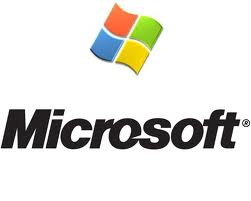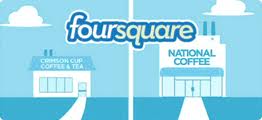Well the jury has weighed in on part one of the Oracle vs Google battle and it looks like Oracle is in the lead but there is still a great deal of confusion over what the verdict, and the jury’s inability to reach a conclusion on one count, will mean in the long run.
At first glance Oracle wins because the jury said that Google relied on Oracle’s Java technology to build the Android operating system that powers smartphones and tablets around the world. This looks like a big win for Oracle because that is what they have been claiming all along. The jury found that the Android operating system infringed on nine lines of Java coding.
The second issue, which has yet to be determined, is if the use of the technology is a violation of what is permissible under ‘fair use’ protection in U.S. law, which permits some use of copyrighted material to appear in other, third party works without compensation.
On this the jury was deadlocked and did not reach a decision, and unfortunately for Oracle this is the money question. If the jury had found in Oracle’s favor the company was expected to ask for $1 billion in damages, and possibly much more.
The judge in the case said that there is “zero finding of copyright liability” without a fair-use verdict. The jury will later decide on damages in this part of the case.
Well the first round is over and they are leaping into the second part of the case where the same jury will hear if Google’s Android violates two Java patents. It has been reported that the damages for this portion are expect to be significantly less than what was expected in the first part.












